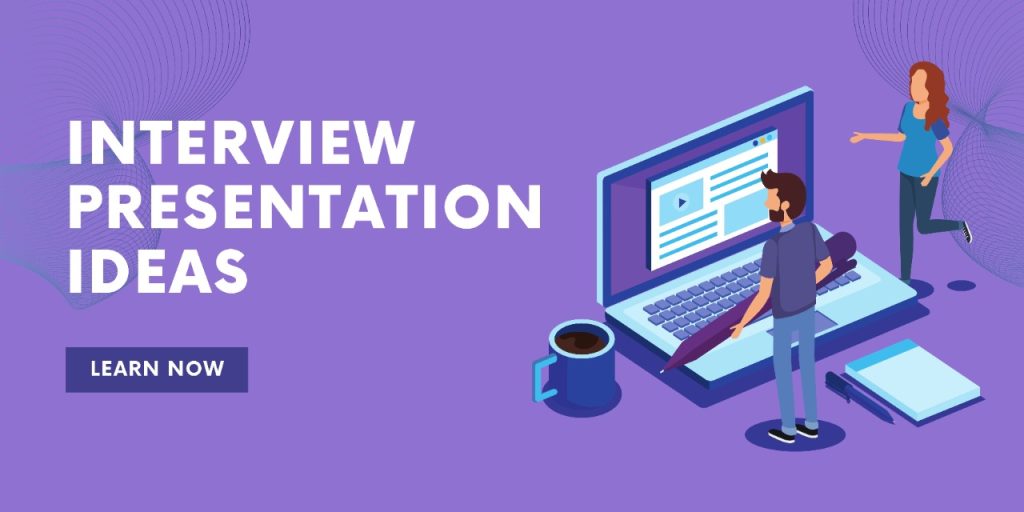Transitioning from Education to Employment
Done with your graduation and looking to enter the job market? Transitioning from education to employment may seem daunting. Starting a career journey after completing your education can feel like stepping into a vast, unfamiliar landscape, where the horizon stretches endlessly with possibilities waiting to be explored. The shift from the structured environment of classrooms, where every lesson is neatly outlined in a syllabus, to the dynamic world of employment, where challenges and opportunities arise unpredictably, is both breathtaking and stressful.
However, with the right guidance and preparation, this transition can be transformed from a daunting leap into a journey filled with excitement and growth. By equipping yourself with the necessary tools and knowledge, such as self-awareness, determination, and resilience, you can confidently navigate the twists and turns of the professional realm. Take the time to reflect on your skills and interests, craft a standout resume that showcases your unique strengths, and approach the job search process strategically.
As you start on this new chapter of your life, remember that every challenge you encounter is an opportunity for personal and professional development. With perseverance and a positive mindset, you can turn this transition into a smooth and fulfilling experience, laying the foundation for a successful career ahead.
How to Transition from Education to Employment?
- Understanding Your Skills and Interests
Before entering the job market, it’s essential to have a clear understanding of your skills, interests, and values. Take some time for self-analysis and reflection. What subjects did you excel in during your studies? What activities or tasks do you find most fulfilling? Identifying your strengths and passions will help you narrow down potential career paths that align with your aspirations.
- Crafting a Standout Resume
Your resume serves as your first introduction to potential employers, so it’s crucial to make it stand out. Highlight your educational background, relevant coursework, internships, and any extracurricular activities or projects demonstrating your skills and commitment. Tailor your resume to each job application by emphasizing the experiences and qualifications that are most relevant to the position you’re applying for.
- Developing Essential Soft Skills
While technical skills undoubtedly hold significance in the professional realm, it’s imperative not to overlook the invaluable importance of soft skills. Among these essential attributes are effective communication, adept teamwork, proficient time management, and adaptable problem-solving capabilities, all of which are highly coveted by employers seeking well-rounded candidates. Therefore, it’s advantageous to seize opportunities for cultivating and spotlighting these skills, whether through participation in collaborative group projects, assuming leadership positions that foster teamwork, or engaging in volunteer endeavors that necessitate adaptability and effective communication.
- Navigating the Job Search Process
The job search process can be overwhelming, however breaking it down into smaller steps can make it more manageable. Start by researching companies and industries that interest you. Network with professionals in your field through platforms like LinkedIn or professional organizations. Utilize job boards and career websites to explore job opportunities, and don’t hesitate to reach out to mentors or career counselors for guidance and support.
- Acing the Interview
Preparation is key to acing job interviews. Research the company and its culture, practice common interview questions, and prepare thoughtful questions to ask your interviewer. Dress professionally, arrive on time, and remember to exude confidence and enthusiasm for the opportunity. Don’t forget to follow up with a thank-you email after the interview to express your appreciation for the opportunity.
- Navigating the Transition Period
Once you’ve landed your first job, the transition period begins. Adjusting to a new work environment, routines, and responsibilities can be challenging, but it’s also an opportunity for growth. Seek feedback from colleagues and supervisors, and be proactive about addressing any areas where you may need to improve. Take advantage of opportunities for professional development and growth to further enhance your skills and knowledge.
- Embracing Lifelong Learning
The journey from education to employment is just the beginning of your career path. Embrace a mindset of lifelong learning and continuous improvement. Stay curious and open to new experiences and opportunities for growth. Whether it’s pursuing additional coursework, obtaining certifications, or seeking out mentorship opportunities, investing in your ongoing development will set you up for long-term success in your career.
Conclusion
Transitioning from education to employment is a significant milestone that requires careful preparation and strategic navigation. By understanding your skills and interests, crafting a standout resume, developing essential soft skills, and navigating the job search process effectively, you can embark on this journey with confidence and clarity. Remember that every step you take, from acing job interviews to embracing lifelong learning, will contribute to your growth and success in the ever-evolving work landscape.
Written by: Adeeba Shah



